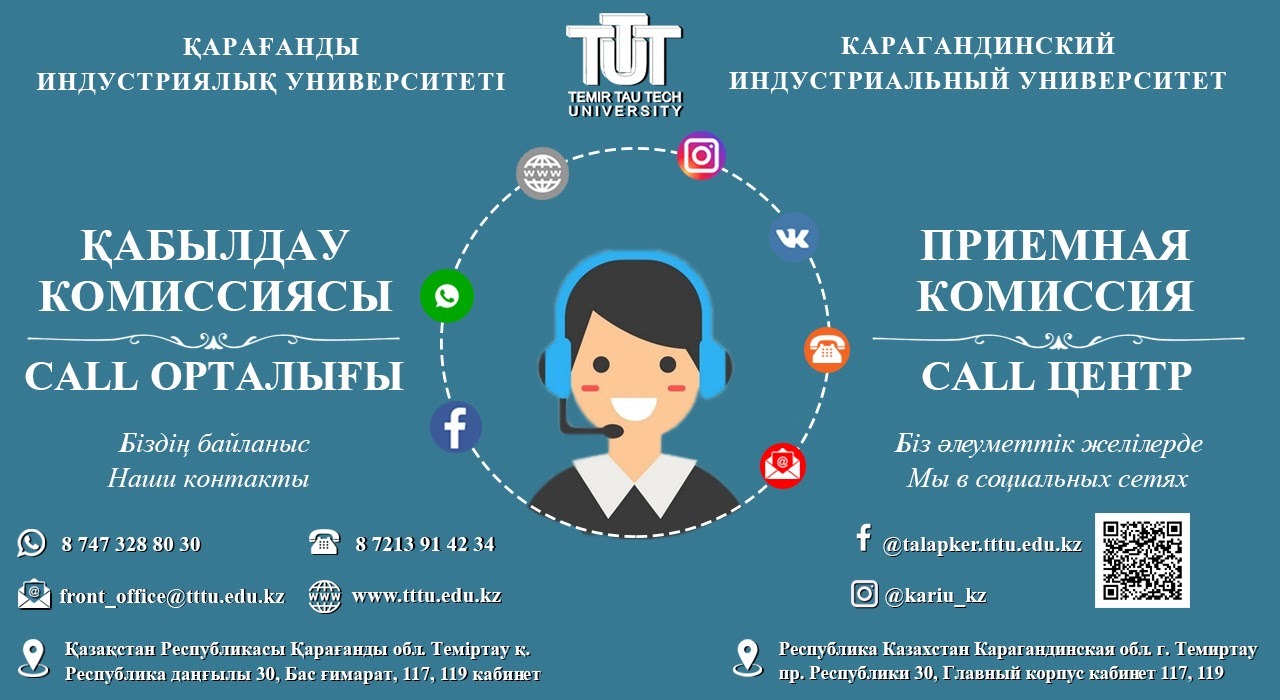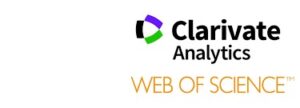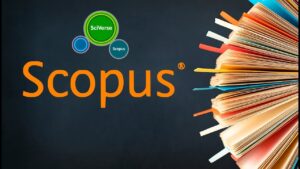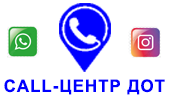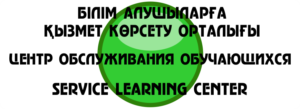Educational-methodic activity
To ensure the educational process on the credit technology of education, the department has Educational and methodological complexes of specialties (EMCS), developed in accordance with regulatory documents. EMCS includes: working curriculum; catalog of elective disciplines (CED); map of educational and methodological provision of disciplines; cross-cutting internship program; state examination programs; guidelines for the final state certification and the implementation of final works, a list of topics for graduation projects.
The content of the disciplines is disclosed in more detail in the educational and methodological complexes of disciplines (EMCD), which are the basis of the organizational and methodological support of the educational process with credit technology of education and an integral part of the unified system of methodological documentation of the university and department. EMCD are developed on the basis of approved curricula and programs, as well as regulatory documents of the Ministry of Education and Science of the Republic of Kazakhstan on the organization of the educational process. The structure of the EMCD: a typical discipline curriculum for compulsory disciplines (copy); working curriculum; discipline curriculum for the student – syllabus; lecture notes; a list of demonstration materials, technical training aids (equipment, posters, slides, reagents, etc.), software and multimedia support for training sessions (depending on the content of the discipline); methodological recommendations for the study of the discipline; guidelines and recommendations on standard calculations, performance of calculation and graphic, control, laboratory work, course projects (works) (depending on the content of the discipline); materials for independent work of students, control tasks, standard calculations, didactic materials, etc.; glossary (included in the EMCD if necessary); materials for knowledge control during the current, midterm control and final certification; map of educational and methodological support of the discipline; list of specialized classrooms, classrooms and laboratories.
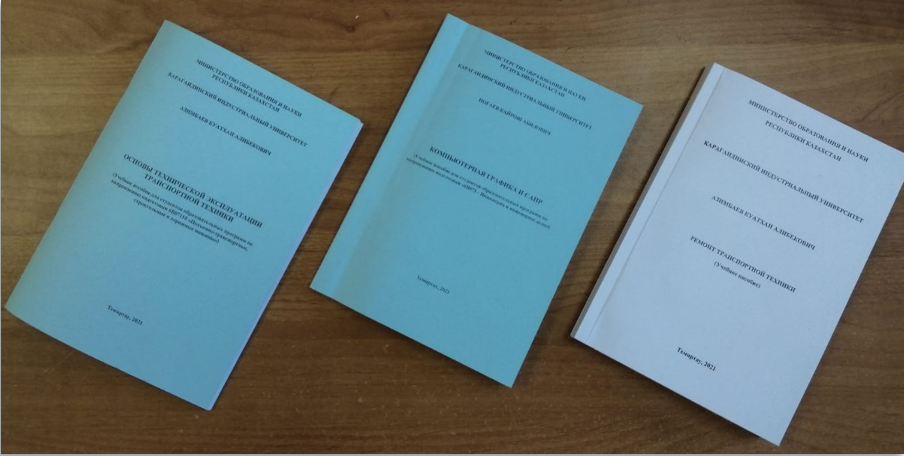
Educational and methodical works of the lecturers of the department
The educational process at the department is ensured by the presence in the library of the university and at the department:
-
educational, scientific, technical and reference literature on the disciplines of the department;
-
syllabuses;
-
guidelines for the performance of laboratory work and practical exercises in all disciplines for which these types of classes are provided for in curricula and programs;
-
guidelines for the implementation of term papers and projects in individual disciplines, diploma design;
-
electronic textbooks, manuals and guidelines;
-
guidelines for all types of industrial practice: computer, industrial, undergraduate;
-
computer programs;
-
methodical instructions and course cases on disciplines of distance learning;
-
tests for knowledge control.
Consulting assistance is provided to students of all forms of education by the teaching staff in all disciplines, course and diploma design, before exams, etc.
Guidelines for the implementation of laboratory work, practical exercises, term papers and projects, tests, etc. in most disciplines, they are developed or revised using the latest, accessible educational, scientific and technical literature, the trends in the development of science and technology, recommendations, and requirements of the EMС of the university are taken into account.
For the successful mastering of educational programs by students, teachers of the department use innovative teaching methods in the educational process in the form of business and role-playing games, simulation trainings, discussions, brainstorming, situational games, and slideshow design. The lecturers of the department successfully practice holding presentations of training courses using interactive whiteboards, multimedia projectors, etc.
To enhance cognitive activity, electronic teaching aids and textbooks, posters, technical teaching aids, visual aids, and layouts are used.
 For the period of 50 years Karaganda Industrial University, founded in 1963, has become one of the leading higher ...
For the period of 50 years Karaganda Industrial University, founded in 1963, has become one of the leading higher ...